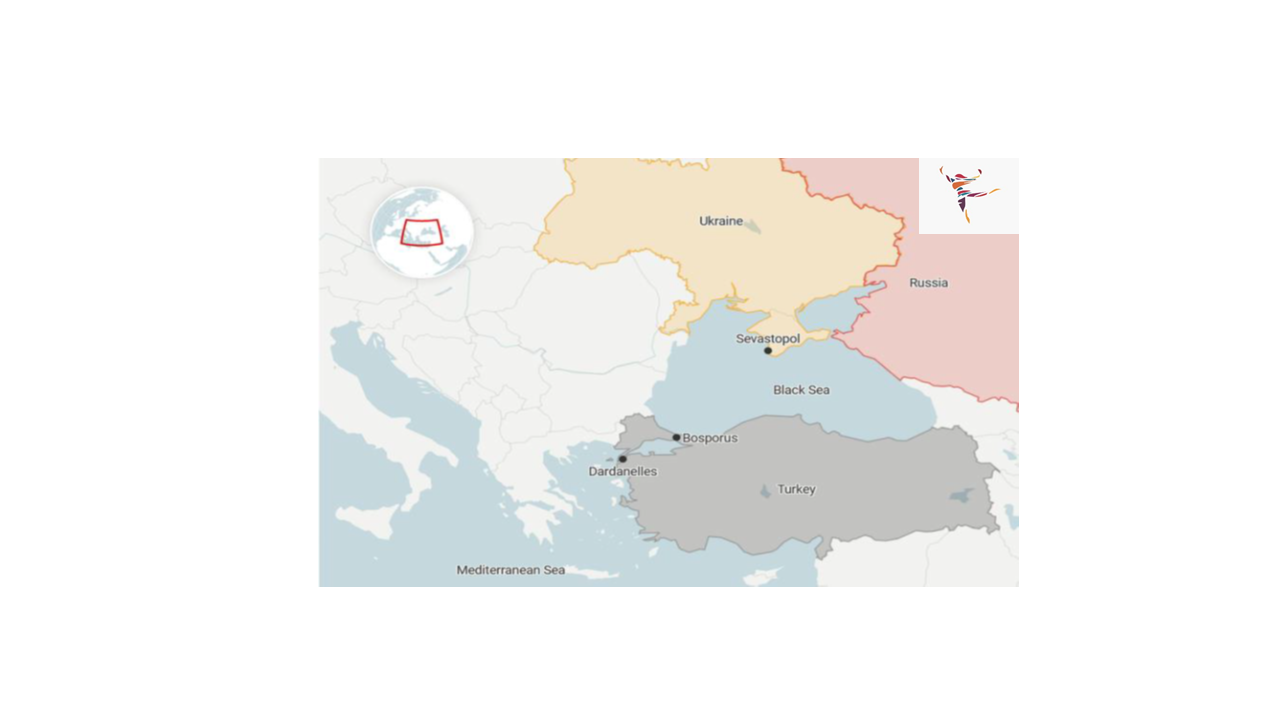Current Affairs Snippet – March 1st Week
1. Kavach – an Indian Technology that can prevent two trains from colliding
- It is a set of electronic devices and Radio Frequency Identification devices installed in locomotives, in the signalling system as well the tracks, that talk to each other using ultra high radio frequencies to control the brakes of trains and also alert drivers, all based on the logic programmed into them.
- The Research Designs and Standards Organisation (RDSO) in Lucknow along with private vendors are developing the system.
- India wants to position Kavach as an exportable system, a cheaper alternative to the European systems in vogue across the world.
- While now Kavach uses Ultra High Frequency, work is on to make it compatible with 4G Long Term Evolution (LTE) technology and make the product for global markets. (Click here to read more about Kavach) Also, here you can find Daily Current Affairs.
2. What is ”General Consent” for CBI?
- The CBI is governed by The Delhi Special Police Establishment (DSPE) Act, 1946, and it must mandatorily obtain the consent of the state government concerned before beginning to investigate a crime in a state.
- The consent of the state government to CBI can be either case-specific or general.
- General consent is normally given by states to help the CBI in seamless investigation of cases of corruption against central government employees in their states. This is consent by default, in the absence of which the CBI would have to apply to the state government in every case, and before taking even small actions.
- Traditionally, almost all states have given CBI general consent. However, since 2015 onward, several states have begun to act differently.
- Before Meghalaya‘s action on March 4, eight other states had withdrawn consent to the CBI: Maharashtra, Punjab, Rajasthan, West Bengal, Jharkhand, Chhattisgarh, Kerala, and Mizoram.
- The CBI‘s position is in this respect different from that of the National Investigation Agency (NIA), which is governed by The NIA Act, 2008, and has jurisdiction across the country.
3. IPCC warns of multiple climate hazards
- The world faces unavoidable multiple climate hazards over the next two decades with global warming of 1.5°C, and even temporarily exceeding this warming level would mean additional, severe impacts, some of which will be irreversible, according to a report by the Intergovernmental Panel on Climate Change (IPCC).
- According to the IPCC report, global sea levels will likely rise 44-76 cm this century if governments meet their current emission-cutting pledges. With faster emission cuts, the increase could be limited to 28-55 cm.
- Human-induced climate change, including more frequent and intense extreme events, has caused widespread adverse impacts and damage to nature and people. Some development and adaptation efforts have reduced vulnerability.
- About IPCC
- It was first established in 1988 by two United Nations organizations, the World Meteorological Organization and the United Nations Environment Programme and later endorsed by the United Nations General Assembly.
- The IPCC produces reports that support the United Nations Framework Convention on climate change, which is the main international treaty on climate change.
- It is worth noting that IPCC does not undertake any research of its own.
4. The Montreux Convention
- Turkey is set to implement an international convention on naval passage through two of its strategic straits, which would allow them to limit the movement of Russian warships between the Mediterranean Sea and the Black Sea.
- According to the 1936 Montreux Convention Regarding the Regime of the Straits, often referred to simply as the Montreux Convention, Turkey has control over both the Bosporus and Dardanelles straits.
- The Montreux convention gives Turkey certain control over the passage of warships from the Dardanelles and Bosporus Straits that connect the Aegean, Marmara, and Black Sea.
- In peace time, warships can pass the straits by prior diplomatic notification with certain limitations on the weight of the ships and arms they carry — and depending on whether the ship belongs to a Black Sea nation or not. And at times of war, Turkey can bar the passage of the warships of belligerent parties from crossing.
- According to the convention, if Turkey is a party to the war or considers itself threatened with imminent danger, it can shut down the straits to the passage of warships.
- The Bosporus and Dardanelles straits, also known as the Turkish Straits or the Black Sea Straits, connect the Aegean Sea and the Black Sea via the Sea of Marmara. It is the only passage through which the Black Sea ports can access the Mediterranean and beyond.
- In the event of a war, the pact gives Ankara the right to regulate the transit of naval warships and to block the straits to warships belonging to the countries involved in the conflict.

5. SWIFT Banking System
- SWIFT is a secure messaging system that facilitates rapid cross-border payments and is the principal mechanism for financing international trade.
- It was created in 1973 in Belgium. More than 11,000 banks and institutions in more than 200 countries are connected to the system.
- According to the website, SWIFT is overseen by the G-10 central banks (Belgium, Canada, France, Germany, Italy, Japan, The Netherlands, United Kingdom, United States, Switzerland, and Sweden), as well as the European Central Bank, with its lead overseer being the National Bank of Belgium.








